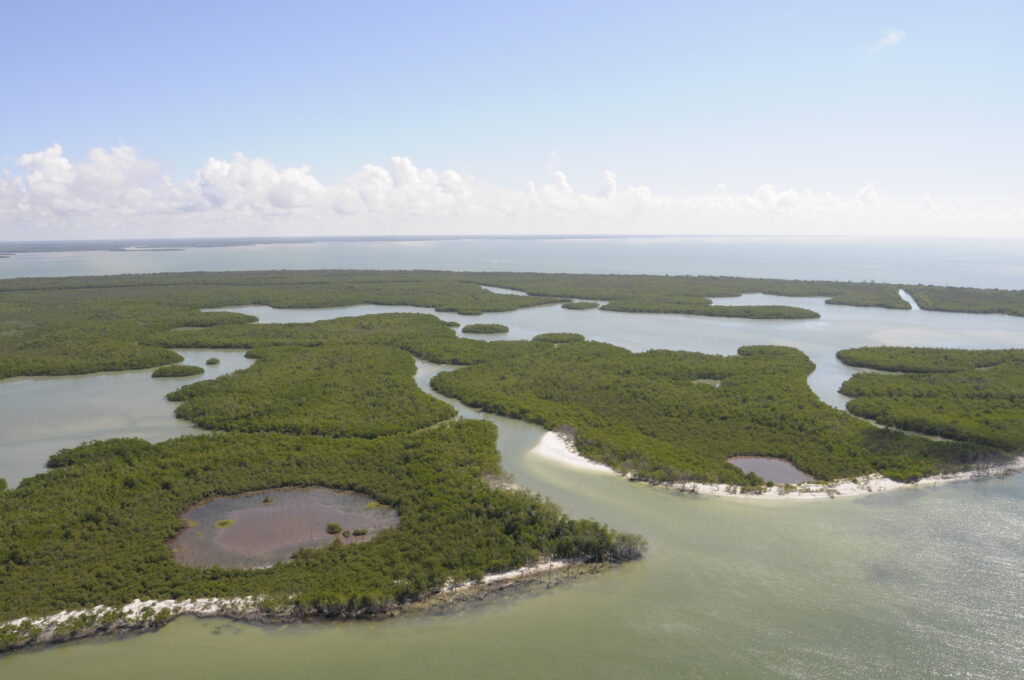Rookery Bay National Estuarine Research Reserve
Bonefish & Tarpon Trust has received a $250,000 grant from the National Fish and Wildlife Foundation (NFWF) to restore degraded coastal habitat in Southwest Florida. The NFWF grant will provide funding to support two mangrove restoration projects at Shell Island Road and Marco Shores Lake in Rookery Bay National Estuarine Research Reserve (RBNERR), located within Collier County, FL.
“We appreciate the generous support of the National Fish and Wildlife Foundation for this important project,” said Jim McDuffie, BTT President & CEO. “Our work with partners Rookery Bay and Florida DEP will improve fish and wildlife habitat while also restoring greater coastal resilience benefitting local communities.”
Coastal habitat degradation and loss in Florida, including freshwater flow alterations and loss of vegetation such as mangroves, have already been extensive and are increasing due to coastal development. Mangroves and salt marshes act as buffers against storms and sea level rise and are nursery habitats for economically valuable sportfish, including tarpon and snook. The coastal habitats in Collier County, including within the RBNERR, have been impacted by alterations in hydrology and vegetation due to development and channelization of natural tidal river and creek systems.
The Shell Island Road and Marco Shores Lake restoration projects will bolster Florida’s coastal resilience as well as improve vital nursery habitat for juvenile tarpon and snook, which support the state’s saltwater recreational fishery, worth more than $9.6 billion annually. The work will be done in partnership with RBNERR and the Florida Department of Environmental Protection.
The funding will support site assessments and preliminary restoration design, which are essential steps to enable the full restoration to occur. The sites will go through historic imagery review, sensitive species surveys, hydrologic modeling, wildlife monitoring, and surveying to create a restoration design plan. Once that is complete, BTT and partners will shift to the final design phase and permitting, followed by the restoration of the sites.




